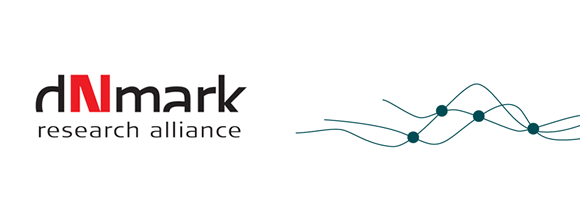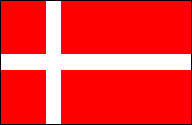4 – Studies of N
Research package 4 focuses on significant gaps in our knowledge about turnover, flows, utilisation and loss of N with special importance for Denmark. Seven specific PhD and Post.Doc subprojects will provide new and important knowledge to fill out these gabs.
The contents of the specific projects range from increasing recirculation of waste, improved valuation of N- pollution and ecosystem services, lower and more sustainable consumption of livestock products, improved measures for better N-utilisation on catchment scale and a study of how harmful air and water-borne N pollution actually is to public health.
Please see the video with Professor Lars Stoumann and learn more about research package 4 (in Danish):
Briefly about the specific subprojects:
Subproject 4.1 Is it possible to improve N recirculation in waste products from urban to rural areas for ex-ample by the use of technologies as composting, anaerobic digestion, thermal gasification, new waste water technologies etc.? University of Copenhagen, Department of Plant and Environmental Sciences is subproject leader in collaboration with among others the waste industry.
Subproject 4.2 Is it possible to improve valuation of N effects and measures for improved water quality in specific water catchments, and how can we upscale to national level? University of Copenhagen, Depart-ment of Food and Resource Economics is subproject leader.
Subproject 4.3 is it possible to get a more sustainable food production with reduced N-environmental effect by lower consumption of animal products? Aarhus University is subproject leader in collaboration with EU Healthy Cities Network and Horsens Municipality.
Subproject 4.4 How do we optimise N use efficiency at catchment level for increased productivity and re-duced losses to the environment? Aarhus University, Institute of Agroecology is subproject leader in collaboration with the Knowledge Centre for Agriculture.
Subproject 4.5 How do we create local synergy between the different services that agro ecosystems provide for us (for example food, biomass, clean water and biodiversity) and the specific and local measures used to mitigate N-loss to the environment? Aarhus University, Department of Bioscience is subproject leader in collaboration with different consultancies.
Subproject 4.6 How harmful is the airborne nitrogen pollution from agriculture to public health, to what ex-tent does N-loss contribute to particle pollution and how harmful are the particles? Aarhus University, De-partment of Bioscience is subproject leader in collaboration with different health organisations.
Subprojects 4.7 How harmful is the water-borne nitrate leaching from agriculture to public health, to what extent does N-loss contribute to groundwater pollution and how harmful are nitrates in drinking water? GEUS is subproject leader in collaboration with different health organisations and water producers.
For more information, please contact responsible of the research package Lars Stoumann.



 Danish
Danish